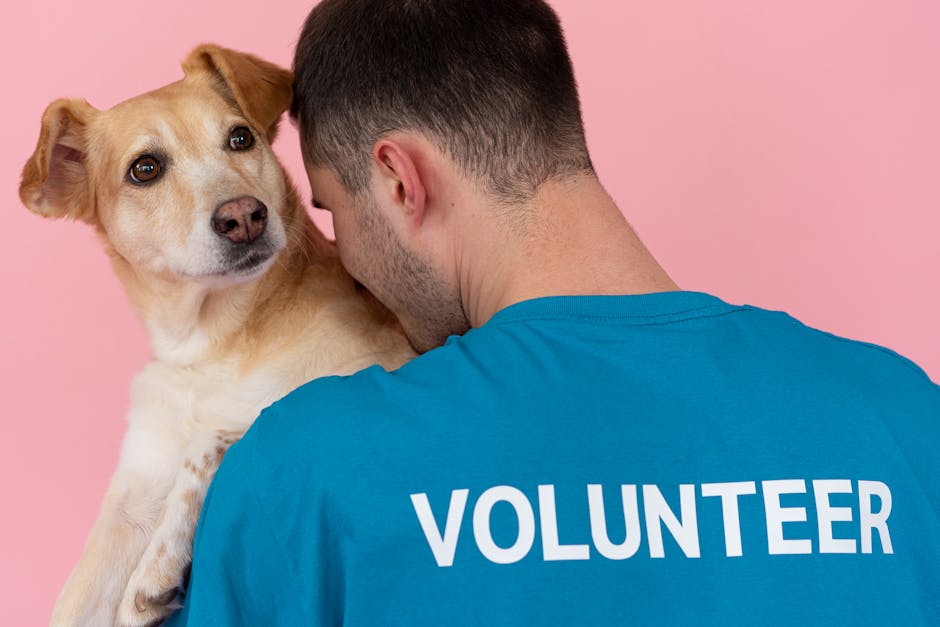A well-adjusted pet is a joy to own. However, achieving this harmonious coexistence hinges significantly on early and appropriate socialization. This process, far from simply being a matter of polite manners, is fundamental to a pet’s emotional, mental, and even physical health. Failure to socialize adequately can lead to a cascade of behavioral problems, impacting both the animal and its human companion.
Socialization encompasses far more than simply introducing a puppy or kitten to other animals. It’s a multifaceted process that exposes the animal to a wide variety of sights, sounds, smells, textures, and experiences within a safe and controlled environment. This gradual introduction to the complexities of the world prepares them to navigate everyday situations with confidence and composure, reducing the likelihood of fear-based aggression or anxiety.
For puppies and kittens, this crucial period begins around three weeks of age, extending through to approximately 14 weeks. This window of opportunity, often termed the “critical socialization period,” is when the animal’s brain is most receptive to learning and forming associations. Positive experiences during this time lay a solid foundation for future behavior, while negative ones can have lasting, and potentially detrimental, consequences. While socialization can still be beneficial beyond this period, it becomes progressively more challenging and less effective.
Consider the impact of early negative experiences. A puppy harshly reprimanded for approaching a stranger might develop a lifelong fear of people, leading to shyness, aggression, or even dangerous avoidance behaviors. Similarly, a kitten repeatedly chased or startled by children could become fearful of humans, making handling difficult and potentially compromising its overall well-being.
Positive socialization, conversely, fosters confidence and resilience. A puppy gently introduced to various breeds and sizes of dogs, in a calm and controlled setting, will likely grow into a well-adjusted adult capable of interacting appropriately with other canines. A kitten regularly handled by different people, exposed to a range of household sounds and objects, will develop into a more relaxed and adaptable cat.
The benefits extend beyond simple interactions with other animals and people. Proper socialization encompasses exposure to a vast array of stimuli, including different environments, sounds, and even textures. A pet accustomed to the sights and sounds of traffic, the bustle of a city park, or the unfamiliar textures of various surfaces will likely handle these encounters calmly and without fear. This adaptability reduces stress, preventing potential anxiety-related disorders that can manifest in various ways, from excessive barking or meowing to destructive behaviors or self-mutilation.
Furthermore, socialization profoundly impacts a pet’s physical health. Stress, stemming from a lack of socialization and subsequent anxiety or fear, weakens the immune system, making the animal more susceptible to illness. Chronic stress can also lead to gastrointestinal problems, skin conditions, and even cardiovascular issues. Conversely, a well-socialized pet, feeling secure and confident, enjoys better overall health and demonstrates increased resilience to disease.
The process of successful socialization requires careful planning and execution. It’s not enough to simply throw a puppy into a dog park and hope for the best. Controlled introductions, positive reinforcement techniques, and careful monitoring are essential to ensure positive learning experiences. Professional guidance from a certified veterinarian or a qualified animal behaviorist can be invaluable in this process, especially if challenges arise.
Choosing the right breeding program or shelter also plays a significant role. Reputable breeders prioritize early socialization of their puppies, exposing them to a variety of stimuli and handling from a young age. Similarly, many shelters and rescue organizations actively work to socialize animals in their care, enhancing their chances of successful adoption and a happy life.
In conclusion, pet socialization is not a luxury but a necessity for the well-being of our animal companions. It is a cornerstone of responsible pet ownership, ensuring that our furry friends develop into confident, adaptable, and emotionally healthy individuals. Investing the time and effort required for proper socialization yields significant rewards, fostering a strong bond between pet and owner and ensuring a happier, healthier life for both. Understanding the profound impact of socialization and proactively engaging in this crucial process is a vital step towards responsible and fulfilling pet ownership. Neglecting this responsibility diminishes the quality of life for the animal and can lead to unforeseen behavioral challenges and health issues down the line. Therefore, prioritizing socialization from an early age is an investment in a happier, healthier, and more enriching life for your beloved pet.
